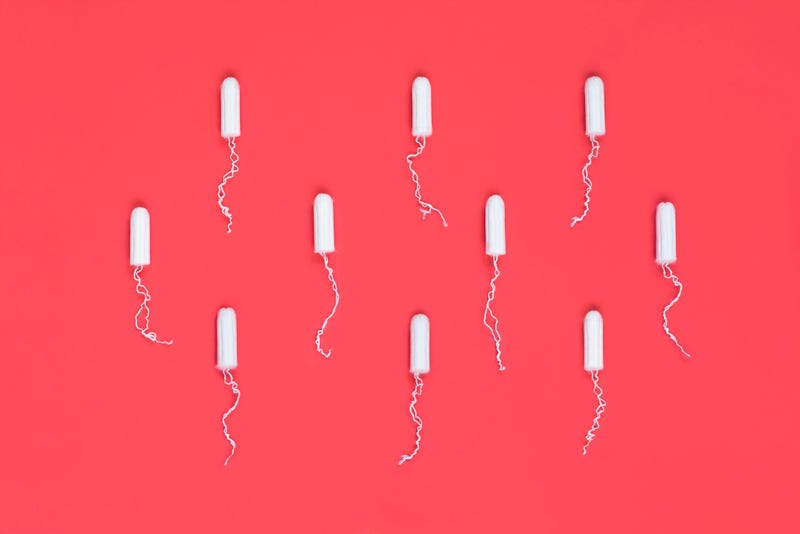
CHICAGO (WBBM NEWSRADIO) -- Today marks the first-ever National Period Day and in Chicago, women and supporters of increased accessibility to menstrual products gathered at Federal Plaza to rally against period poverty and stigma.
"When woman and girls cannot afford menstrual products, they cannot fully participate to their communities, which puts them at distinct disadvantages academically, socially and economically," Draluck said.
"When students do not have access to affordable feminine hygiene products," the act states, "they may miss multiple days of school every month."
In Chicago, there is no tampon tax as of 2017 when Rauner approved the new measure in August 2016. Tampons and sanitary napkins had been classified as “grooming and hygiene” products, subject to a general merchandise tax. They are now classified as “medical appliances,” which are exempt from the higher sales taxes and equivelant to groceries.
Still, grassroots organizations such as Period, Chicago-based The Period Collective, the Chicago chapter of the National Orginization for Women and Loyola's Students for Reproductive Justice joined in on the local rally to boost awareness and keep the conversation going surrounding menstrual equality and to end the stigma.
The movement is keen to highlight that gender-non-conforming individuals and low-income women are most affected by period poverty.
A January survey from the College for Public Health and Social Justice at St. Louis University found that nearly two-thirds of low-income women in a large U.S. city couldn’t afford menstrual hygiene products during the previous year.
The professor who conducted the study told Reuters that transportation access to stores is another hindrance for low-income women. Several groups in Chicago donate tampons and pads to women who cannot afford them or who do not have access through local shelters, nonprofits and events.
"Because of the period stigma that makes menstruation a taboo topic, we don’t often think about what it’s like for a homeless or low-income menstruator to get their period," Period wrote on its website. "(We) don’t have open conversations about period health or solutions to period poverty."
